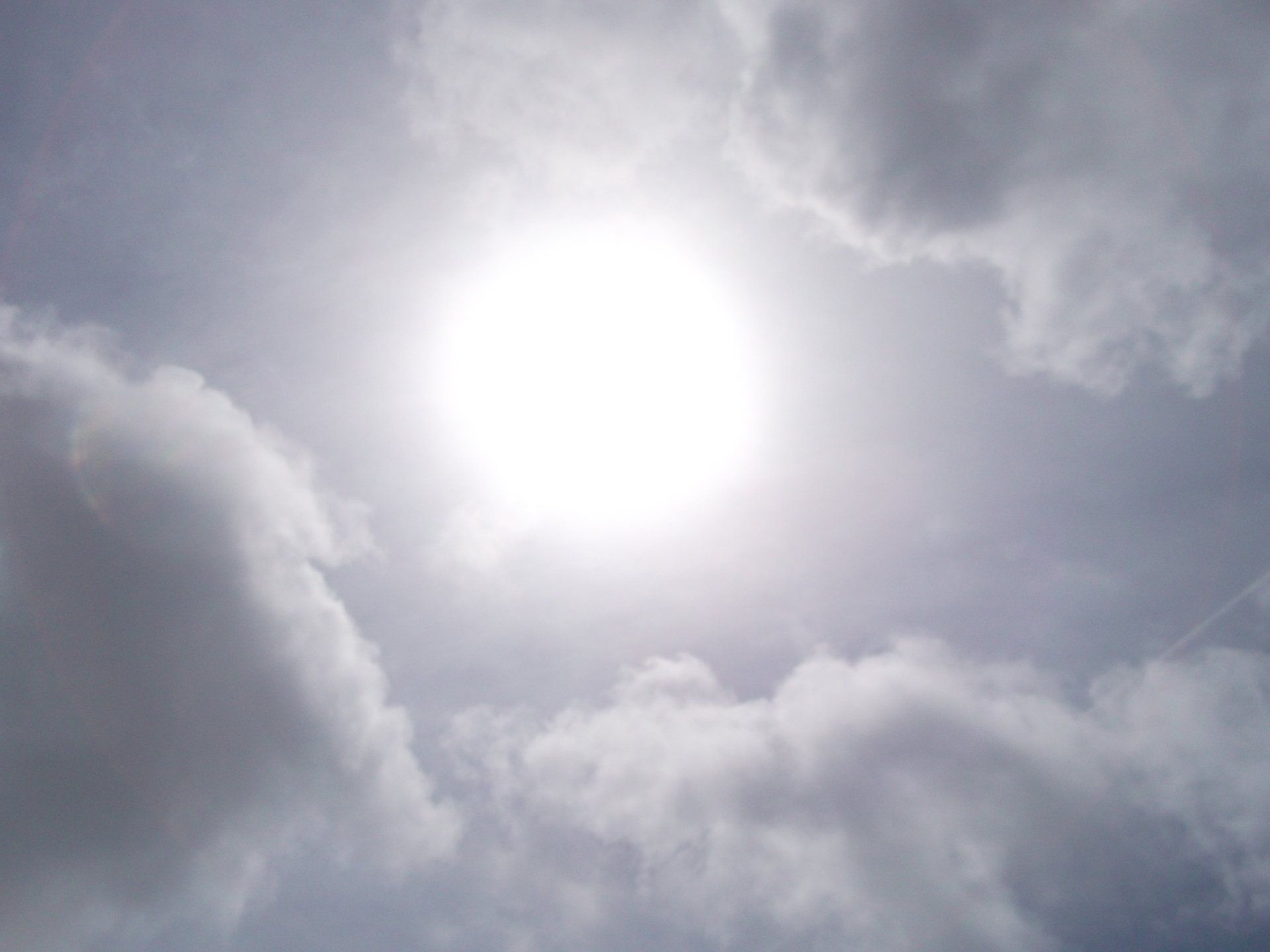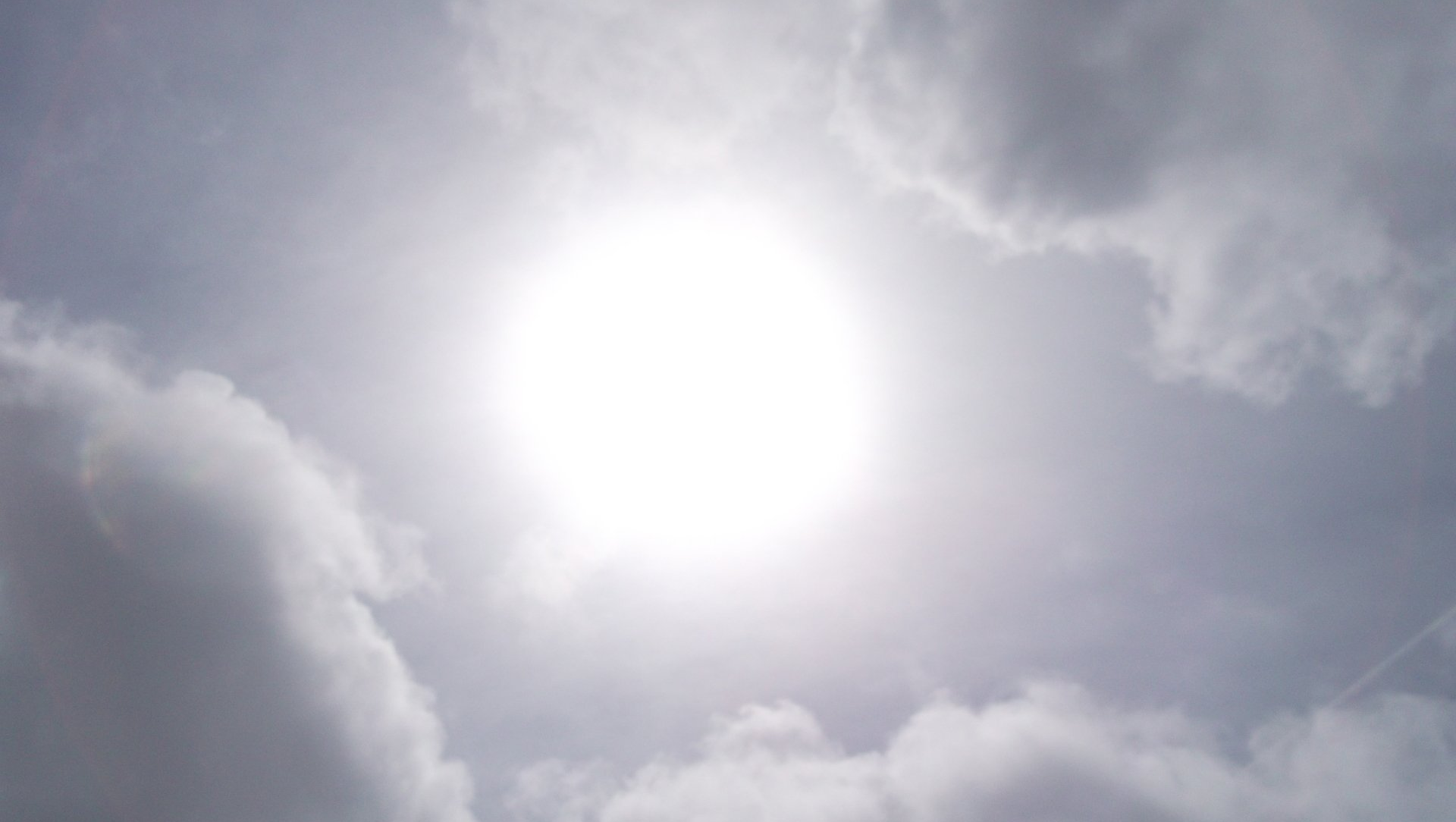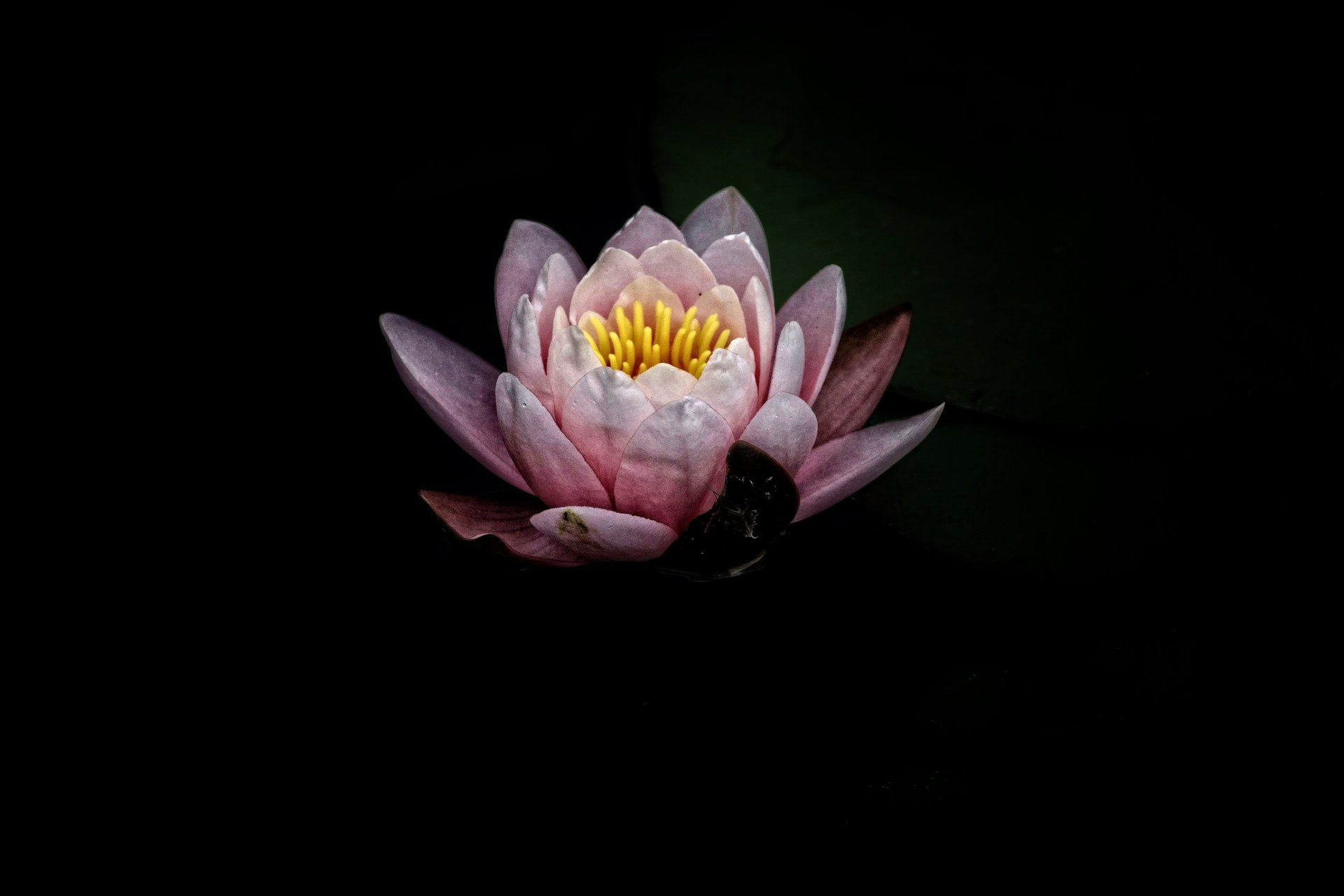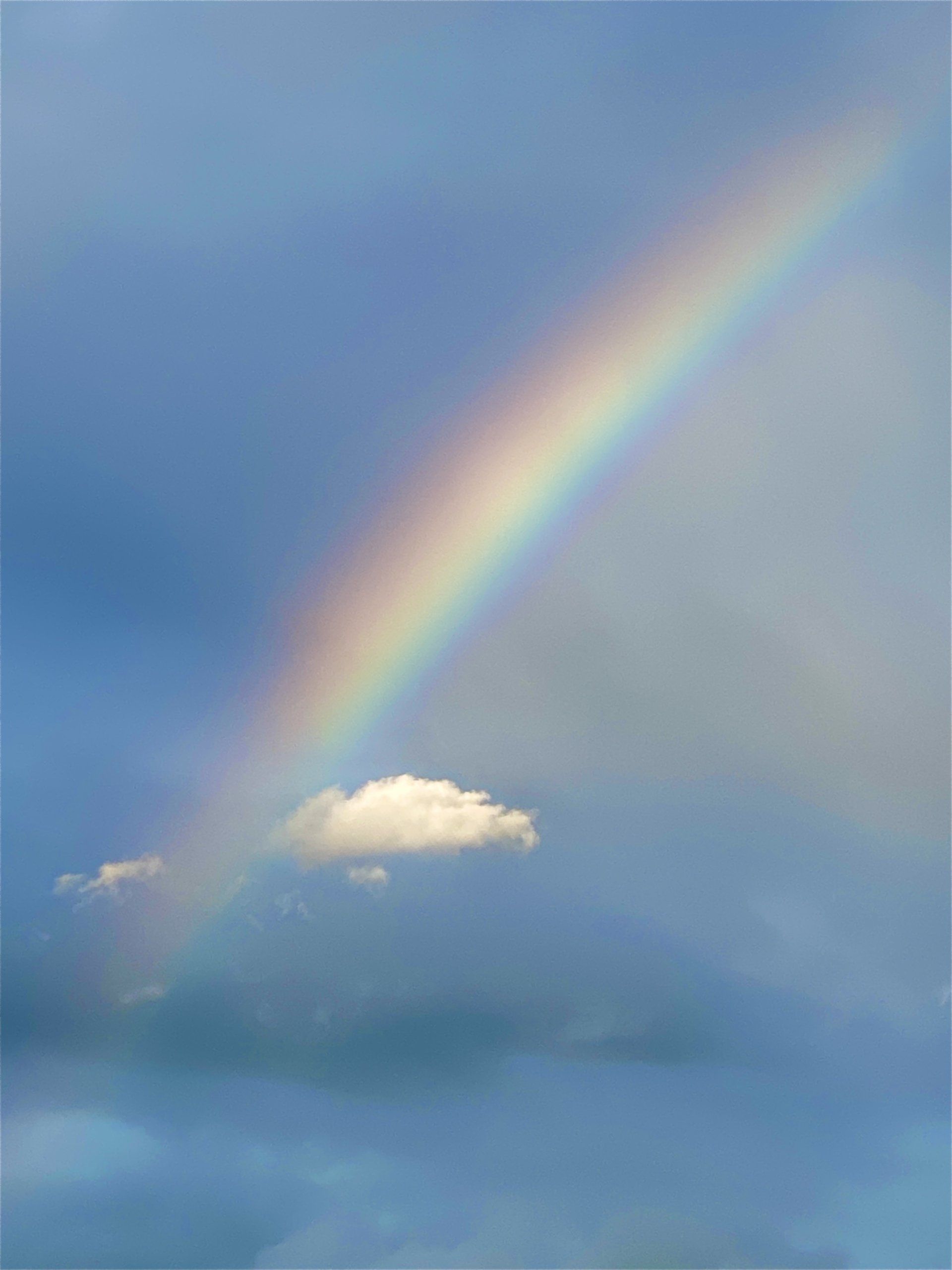Winter Turns into Spring - The Blog
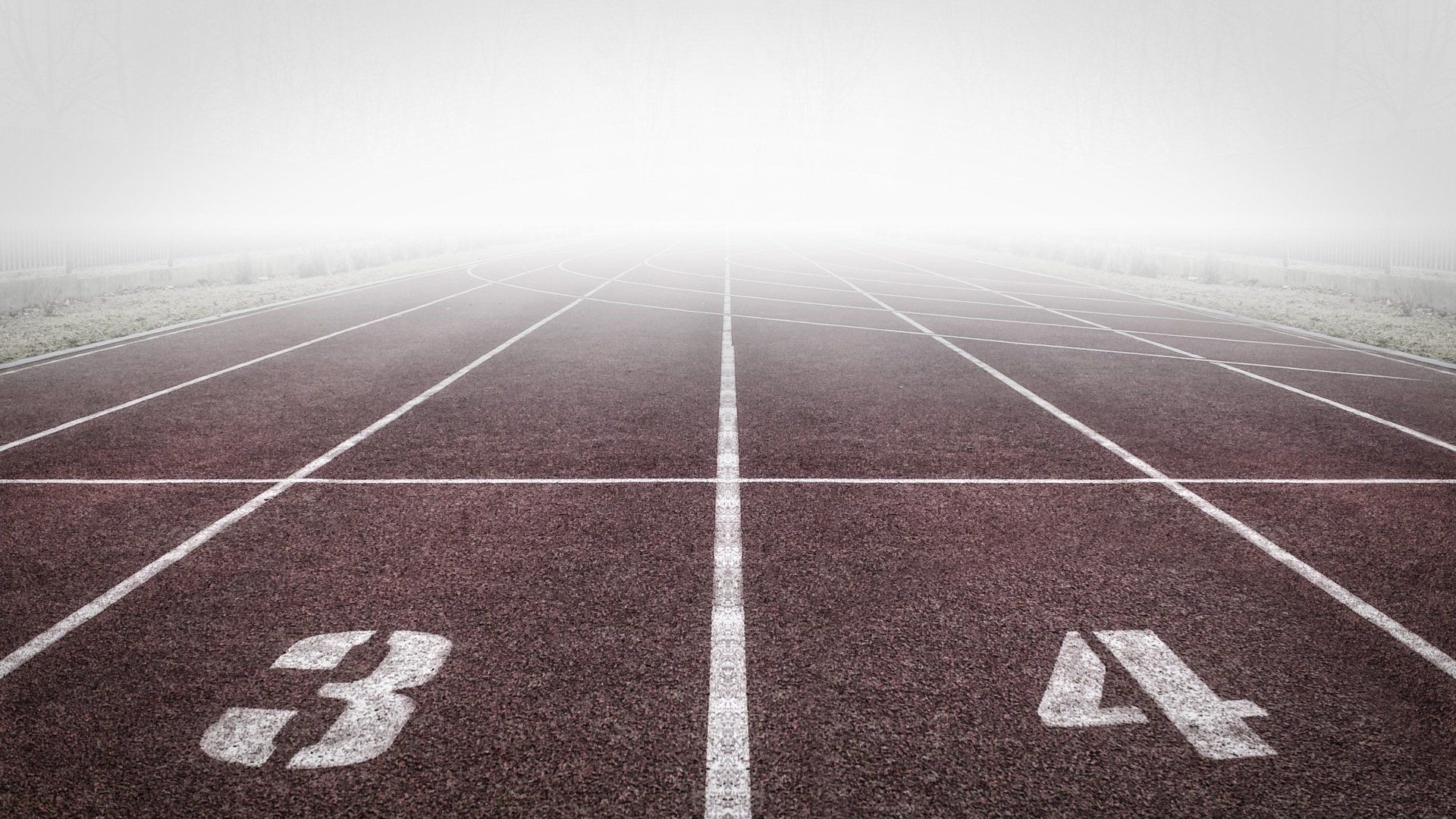
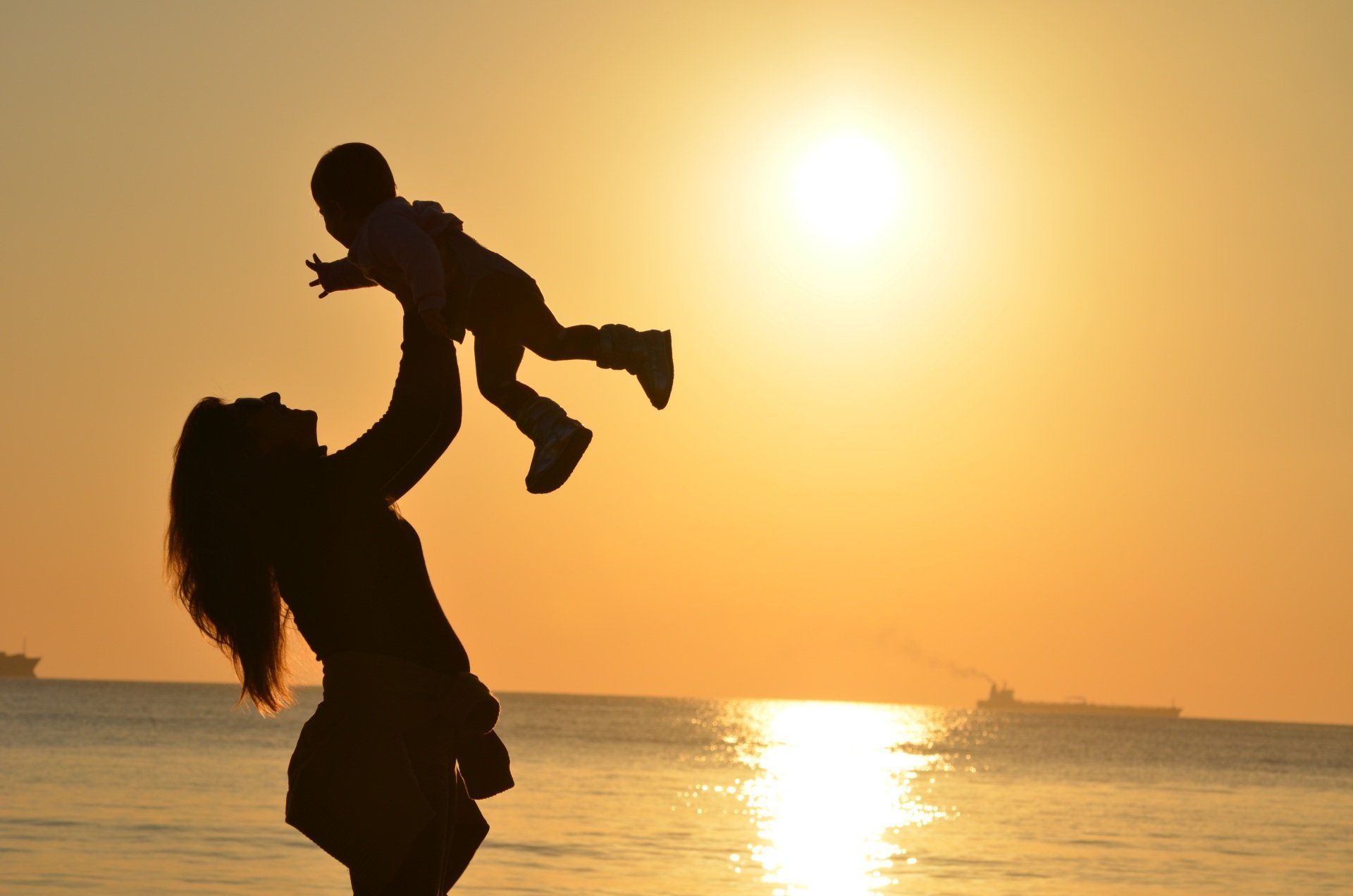
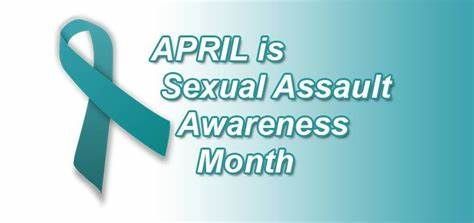
What does self-care mean for us, survivors of child sexual abuse? We are bombarded by "self-care lists" on social media. Sometimes, it seems we are asked to distract ourselves from our pain. This week, I share my thoughts and experience of self-care.
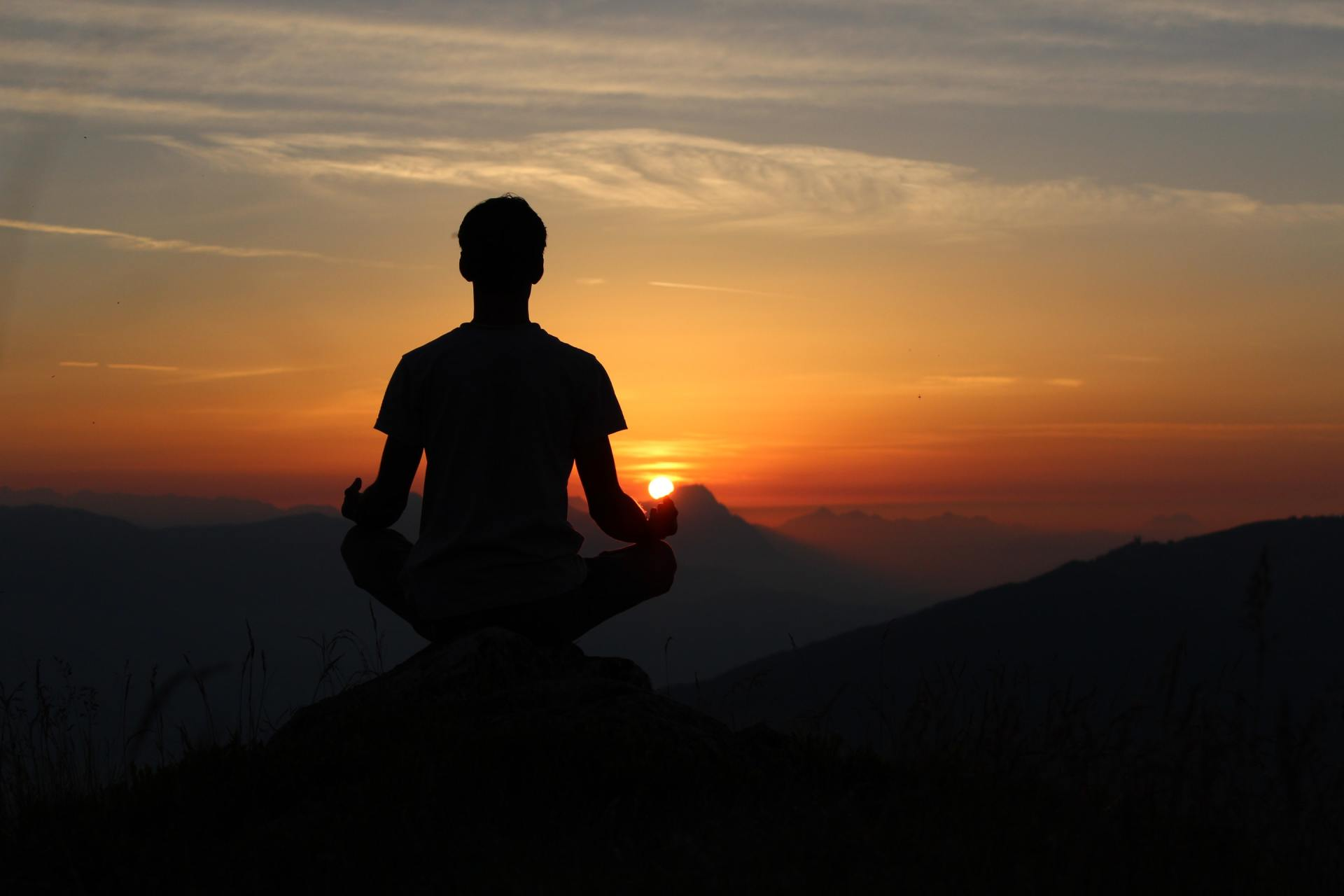
Not so long ago I posted, on Twitter and on Instagram, a list of things that I do on a regular basis that helps me when I have a difficult day (or two, or three…) Here is the list:
• Reading
• Binging on Grey’s Anatomy, The Big Bang Theory and MindHunter
• Meeting up with friends
• Cuddling my cat
• Have warm bubbly baths
• Meditating, praying and chanting
• Colouring my hair
• Doing my nails
• Staying in bed and resting (Sometimes I do a lot of that)
Official website for Dr. Kristin Neff, pioneering self-compassion researcher, author, ...
